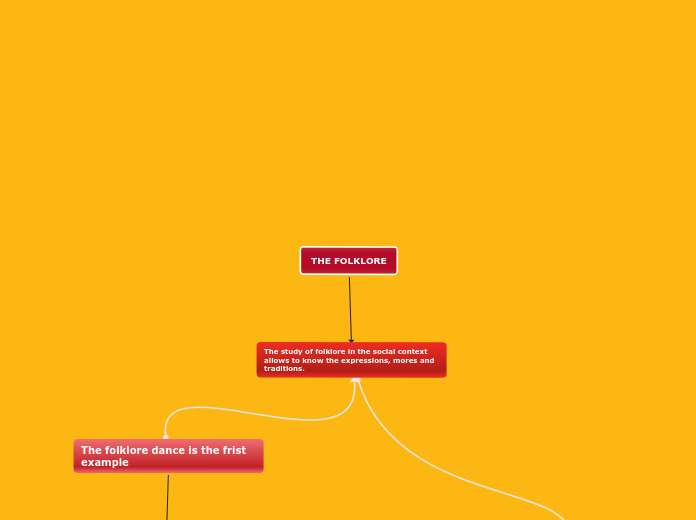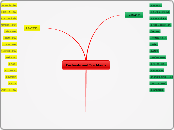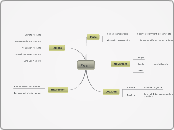realizată de Juan Pablo Herrera Montoya 6 ani în urmă
266
Juanpelzo10@gmail.com
The exploration of folklore and traditional dance reveals rich cultural intersections within the Caribbean region, particularly in Colombia. The fusion of African, European, and indigenous influences has led to the creation of unique dance forms such as Porro, Bunde, Currulao, Abozado, and Juga, each reflecting themes of love, life, death, and spirituality.









